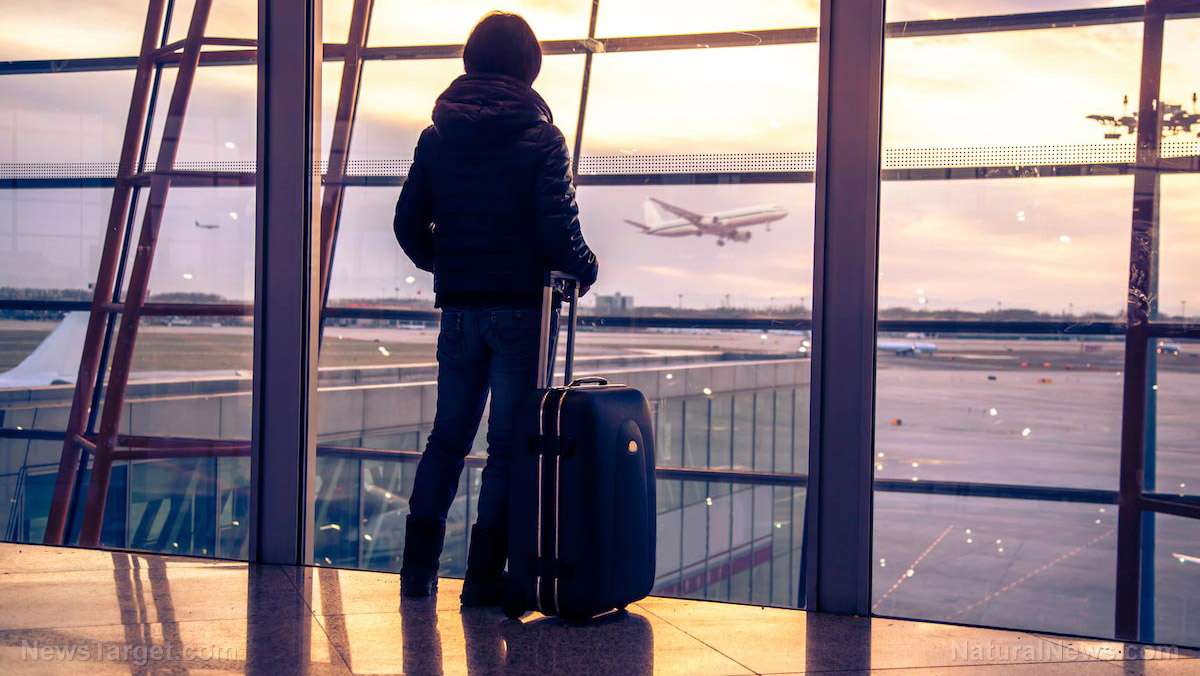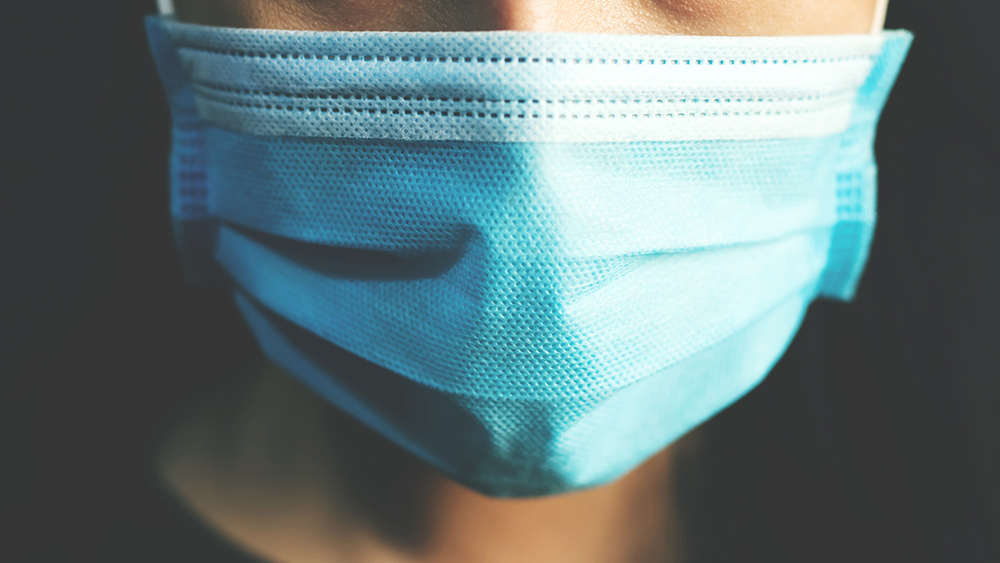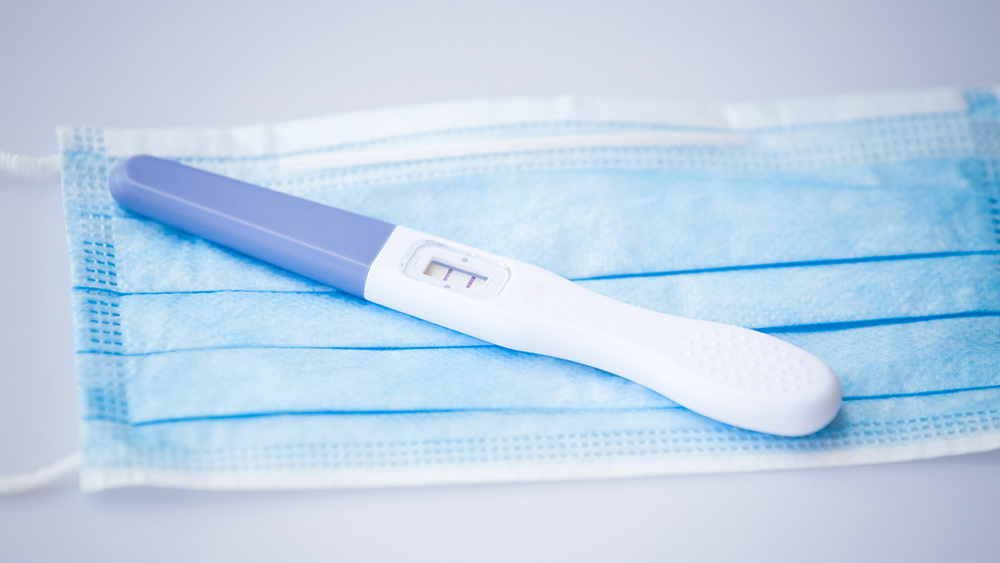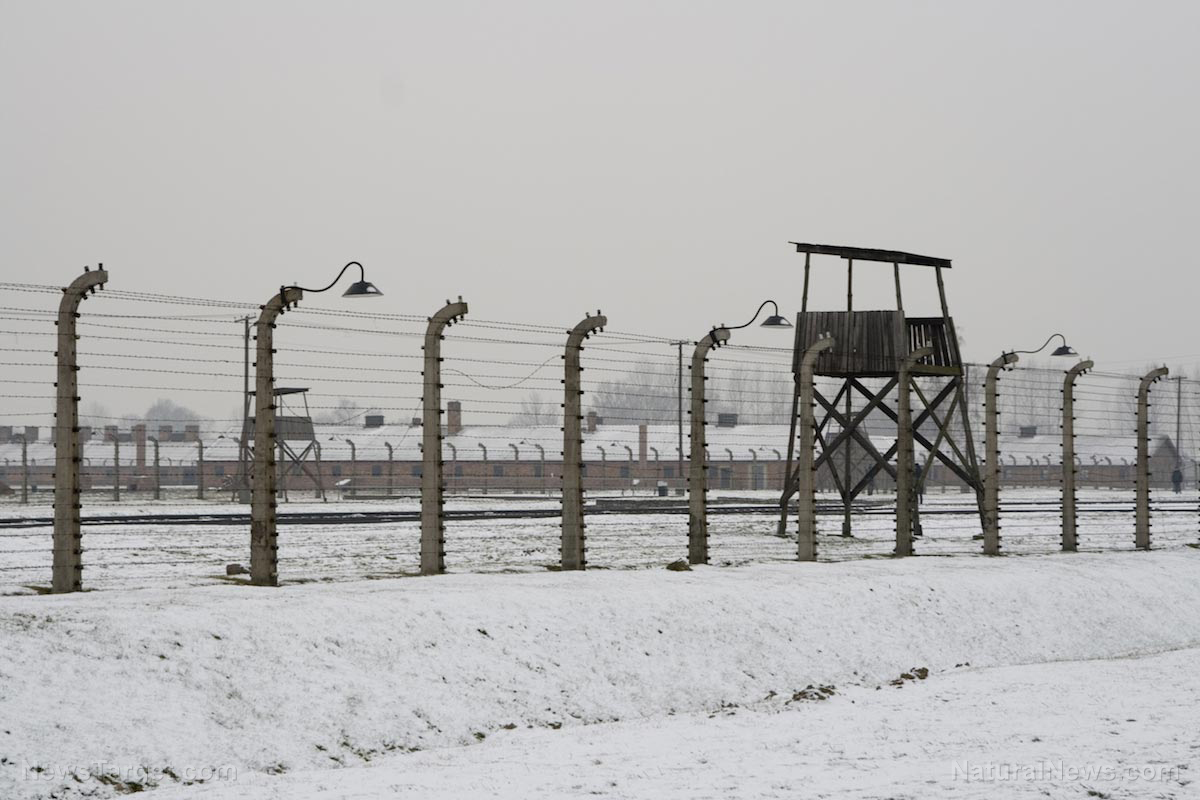Americans advised to avoid HIGHLY VACCINATED countries due to high number of COVID cases
12/09/2021 / By Matthew Davis

The Centers for Disease Control and Prevention (CDC) raised the travel advisory level for France, Portugal and five other countries to Level 4 – the highest classification for the Wuhan coronavirus (COVID-19) risk.
Interestingly, France has a vaccination rate of nearly 90 percent while Portugal has vaccinated 87.4 percent of its eligible population.
Also getting classified as Level 4 are Andorra and Liechtenstein in Europe, Cyprus and Jordan in the Middle East and Tanzania in East Africa. Countries in Level 4 have had more than 500 COVID-19 cases per 100,o00 people in the past 28 days. Americans were advised to avoid traveling to those countries.
As of Dec. 4, more than 80 countries are listed under the CDC’s Level 4 risk category. In a broader guidance on Dec. 2, the CDC advised people to refrain from traveling internationally until they are fully vaccinated.
“Fully vaccinated travelers are less likely to get and spread COVID-19,” the CDC said in its advisory. “However, international travel poses additional risks, and even fully vaccinated travelers might be at increased risk for getting and possibly spreading some COVID-19 variants.”
Separately, the CDC on Dec. 3 unveiled rules requiring all travelers seeking to enter the U.S. to test negative for COVID-19 within one day of departure starting Dec. 6. People who recovered from COVID-19 in the past 90 days and have documents to prove that can also enter the country, according to the CDC.
Countries scramble to curb spread of omicron
These actions by the CDC come amid a newly detected COVID-19 variant of concern called omicron, which was first reported by South Africa to the World Health Organization (WHO) in late November. The new variant has sparked a flurry of travel restrictions, as well as local restrictions by dozens of countries seeking to curb its spread.

In France, Prime Minister Jean Castex announced that nightclubs will be ordered to close for four weeks to counter a COVID surge that has put hospitals under severe strain.
“We have all had a tendency to lower our guard,” said Castex, who just finished his quarantine after contracting the virus. He said schoolchildren will also face stricter social distancing and extended use of face masks as infection rates rise among young people.
Castex said employers should encourage staff to work from home. He also urged people to shy away from office parties as the year-end holidays approach.
“The situation demands an individual as well as a collective effort,” Castex said in a televised address. “But it’s no longer the time for lockdowns.”
Nightclub owners reacted furiously to the new shutdown, saying that clubs were being unfairly targeted. Clubs have been closed for most of last winter before reopening in July.
“Once again there’s no clampdown for any other sector,” Thierry Fontaine of the UMIH Nuit industry association said. “They cancel New Year’s Eve for us, but they’ll be dancing in all the restaurants.”
He also doubted that financial aid promised by Castex would be enough to compensate for losing out on the key holiday season.
Nearly all of the analyzed virus cases in France involve the delta variant, which has proven itself to be highly transmissible even among vaccinated people. France has so far confirmed only 25 cases of the omicron variant, but officials say the number could jump significantly in the coming weeks.
WHO admits travel bans won’t keep omicron away
WHO spokesperson Dr. Margaret Harris said that travel bans imposed on southern African countries will not prevent the spread of the omicron variant worldwide.
“If you do something as drastic as a travel ban, use it well to buy time,” Harris told CNN. “But we do know that it won’t keep cases out. Usually, by the time where countries are aware that there is a risk of importation, that’s already happened.”
Omicron cases have been detected in Israel, the United States, Canada, several European nations and more. (Related: WHO using COVID omicron variant to push for global pandemic treaty.)
Several countries have issued travel bans on eight southern African nations after omicron cases were found in South Africa and Botswana. Top South African officials headed by President Cyrisl Ramaphosa criticized the recent travel curbs, branding those as unscientific and discriminatory.
“This is a clear and completely unjustified departure from the commitment that many of these countries made at the meeting of the G-20 countries in Rome last month,” Ramaphosa said in a televised address.
Dr. Angelique Coetzee, chair of the South African Medical Association, said that omicron patients are showing extremely mild COVID-19 symptoms. Worldwide, there have been no reported deaths from the new variant.
Coetzee urged other countries to not panic. “The majority of what we are presenting to primary health care practitioners are extremely mild cases, so mild to moderate. And so, these patients, it means they don’t need to be hospitalized for now,” Coetzee said
Follow Pandemic.news for more news and information related to the coronavirus pandemic.
Sources include:
Tagged Under: Big Pharma, CDC, coronavirus, covid-19, delta, infections, omicron, outbreak, pandemic, pharmaceutical fraud, prevention, travel bans, vaccines




















